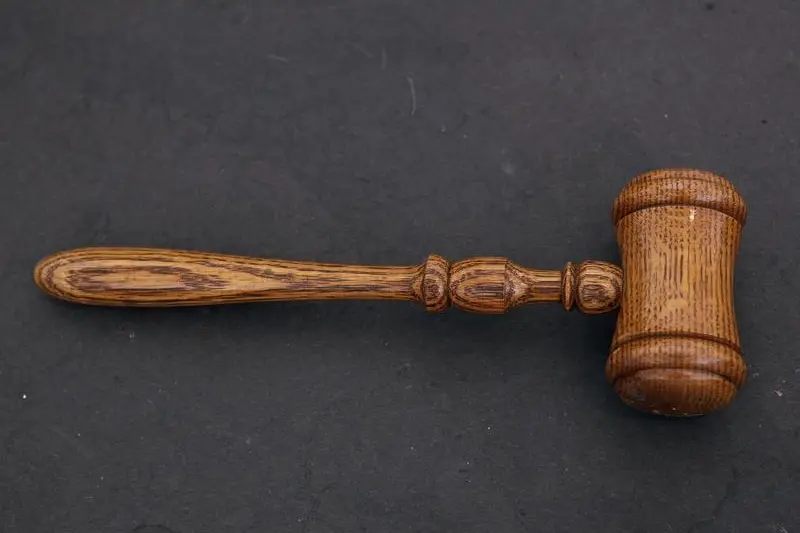PHOTO
THE HAGUE- The first trial addressing atrocities in Darfur opens at the International Criminal Court on Monday, nearly 20 years after the Sudanese region was racked by widespread violence that left hundreds of thousands dead.
Suspected former Janjaweed militia leader Ali Muhammad Ali Abd-Al-Rahman faces 31 counts of war crimes and crimes against humanity, including persecution, murder, rape and torture.
Prosecutors accuse septuagenarian Abd-Al-Rahman, who was also known as Ali Kushayb, of being a senior commander of thousands of pro-government "Janjaweed" fighters during the height of the Darfur conflict between 2003 and 2004.
Abd-Al-Rahman denies the charges. During earlier hearings his lawyer argued that the defendant was a victim of mistaken identity and that he was not educated enough to understand the orders he carried out could result in war crimes.
The Darfur trial comes amid an upsurge in what humanitarian groups say is inter-communal violence in Darfur since the end of the U.N. and African Union mission there.
Darfur's conflict first erupted when mostly non-Arab rebels took up arms against Sudan's government, which responded with a counter-insurgency.
Khartoum mobilised mostly Arab militias, known as the Janjaweed, to crush the revolt, unleashing a wave of violence that Washington and some activists said amounted to genocide.
The United Nations estimates 300,000 people were killed and more than 2 million driven from their homes.
Sudan's former president Omar Hassan al-Bashir, who is facing ICC charges of orchestrating genocide and other atrocities in Darfur, was deposed in 2019 and remains in prison in Khartoum.
According to the charges, militias under Abd-Al-Rahman led attacks on towns and villages. He has been implicated in more than 130 murders and the forcing of tens of thousands of mainly Fur civilians from their homes.
(Reporting by Stephanie van den Berg; Editing by Anthony Deutsch and Nick Macfie)





















